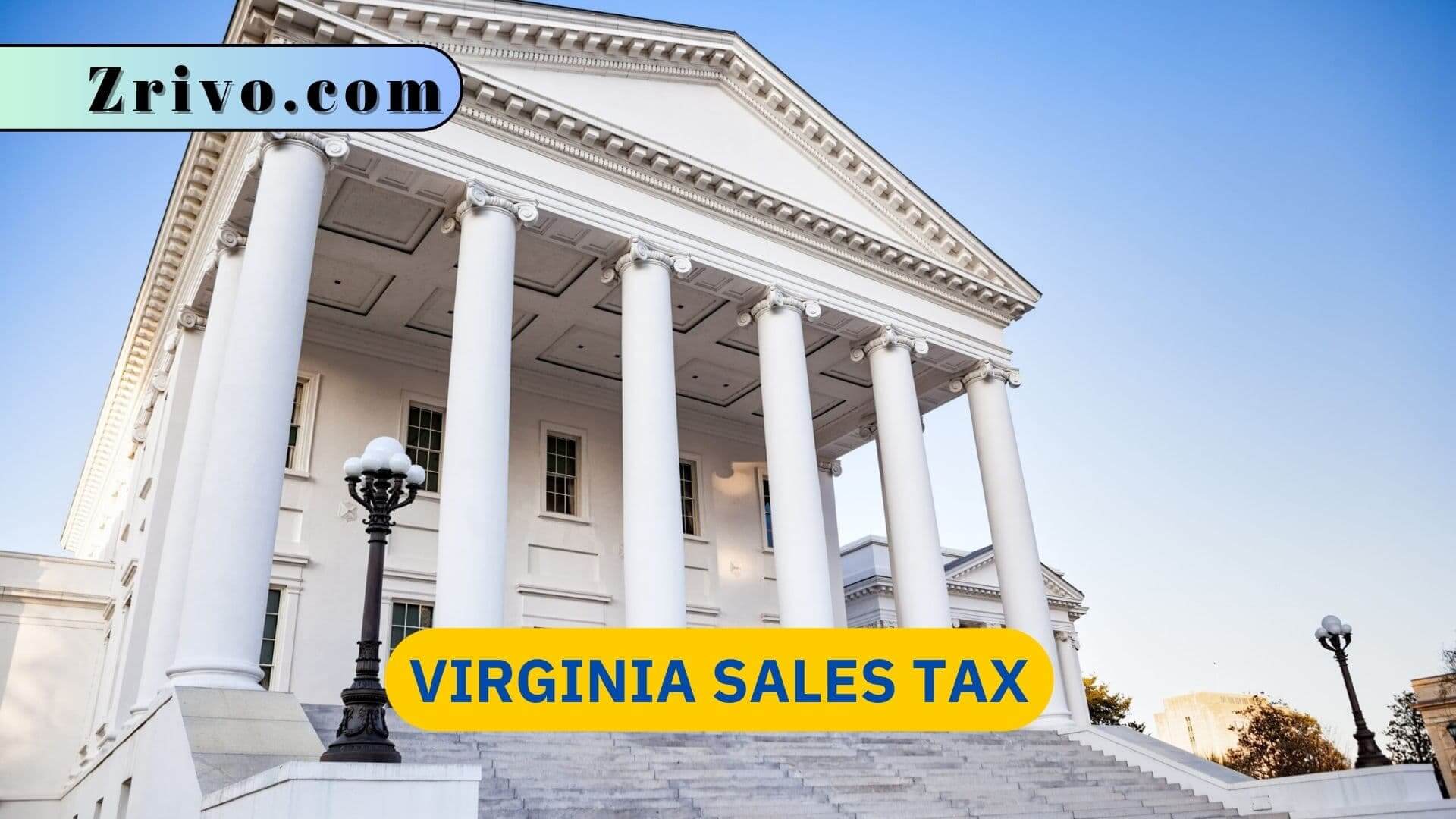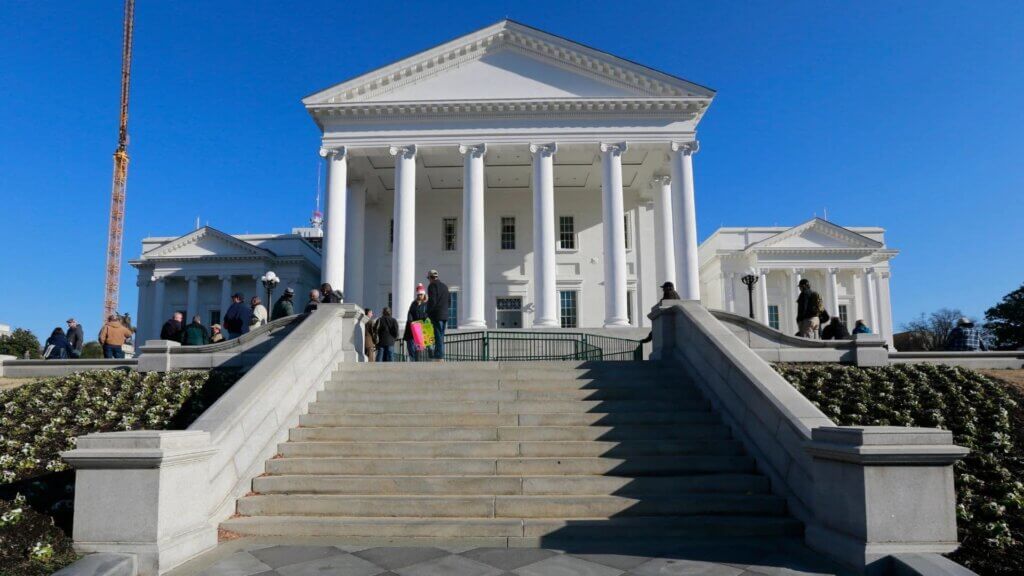
Virginia Sales Tax is 5.3% in most areas. Virginia sales tax laws can be complex for retailers. Registering and charging the correct rate is important, especially for marketplace sellers. Virginia sales tax is a state-imposed tax on the sale of tangible personal property. It applies to most retail transactions except for digital products, some groceries, and certain protective clothing items. The state’s sales tax rates vary depending on where the product is sourced. The tax can be complicated for remote sellers, but a free tool can help simplify things by automatically calculating the correct rate based on your customer’s address and the sales tax rates in each jurisdiction you are selling to.
- Rates: Virginia boasts a patchwork of rates depending on your location.Most areas: 5.3%
- Specific regions: Historic Triangle: 7%
- Northern Virginia, Central Virginia & Hampton Roads: 6%
- Certain counties: 6.3%
Businesses with significant connections to a state (known as nexus) must register, collect, and remit sales taxes for that state. This includes in-state dealers, as well as remote sellers and marketplace facilitators that meet the requirements of a state’s economic nexus laws. Generally, these criteria include having physical presence such as an office, warehouse, or fulfillment center in the state, making more than $100,000 in sales to customers in the state, or conducting 200 or more transactions with customers in the state.

Virginia Sales Tax Exemptions
Food: Most staple foods and pre-packaged cold food intended for home consumption qualify for a reduced rate of 2.5%. This excludes prepared foods, restaurant meals, and alcoholic beverages.
Essential personal hygiene products: Specific items like soap, toothpaste, and feminine hygiene products also have a 2.5% rate.
Prescription drugs and insulin: Purchases are exempt.
Agricultural products: Sales directly from farms or farmers’ markets (fruits, vegetables, meat, etc.) are usually exempt.
Services: Many personal and professional services like haircuts, landscaping, and pest control are exempt.
Machinery and equipment: Used by manufacturers and farmers for research and development under specific conditions.
Religious and educational organizations: Purchases for non-profit activities may be exempt.
Virginia Sales Tax Due Dates
Virginia offers a sales tax discount to businesses that file and pay on time. The discount amount is based on various factors, so you should reference the state’s documentation to learn more. When you register for a sales tax permit, the state will assign your filing frequency and due dates. Most retailers are assigned either a monthly or quarterly reporting period. Sales tax returns are due the 20th day of the month following the reporting period. Returns are due the next business day if the due date falls on a weekend or holiday.